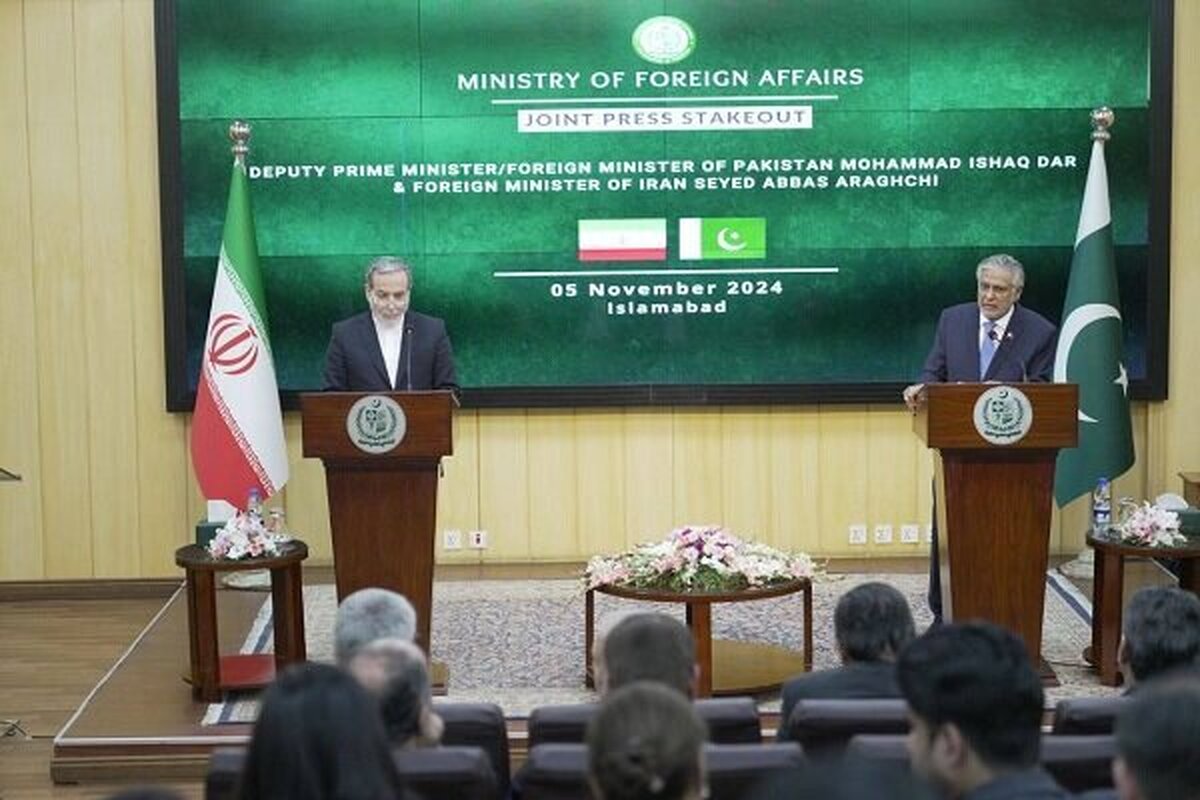
Isfahan Steelmaker Wakes Up to Worsening Water Crisis
EghtesadOnline: To reduce demand for fresh water in the arid province of Isfahan, an agreement was signed on Tuesday between the National Water and Wastewater Engineering Company of Iran (Abfa) and Isfahan Steel Company, Iran's biggest producer of structural steel, head of the water company said.
“As per the contract, the steel company will expand wastewater network and plants in Fouladshahr, a district in Lenjan County and Imanshahr in the central district of Falavarjan County, in the next two years,” Hashem Amini was quotes as saying by the Energy Ministry news portal.
Once completed, the plants’ treated wastewater will be sold to the steelmaker through a 100-kilometer pipeline for 20 years.
According to the official, the project, aimed at conserve as much water as possible by drawing on unconventional resources, is estimated to cost $13 million and the steel producer will be supplied with at least 125 million cubic meters of recycled sewage in a 20-year period.
Fouladshahr plant has the capacity to process 14,000 cubic meter of wastewater per day and the expansion plan will raise the capacity by 1,000 cubic meters, all of which will be transferred to Isfahan Steel Company.
Referring to similar moves, Amini said a 5 kilometer pipeline is being laid to channel wastewater from lagoons in the vicinity of Zarrin-Shahr (in Isfahan Province) to wastewater treatment plants in the steel company.
Moreover, laying an 18-km pipeline to supply wastewater from Najafabad to the steel company is on the agenda.
There is no denying that steelmakers are almost wiping out the limited water resources in the desert regions like Isfahan and the need to recycle and reuse wastewater has become a do or die issue.
“We are fast approaching a full-fledged water crisis,” an environmentalist told the Financial Tribune last week. If efficient and sustainable solutions are not found “the agriculture sector will soon become a thing of the past,” he warned.
Effective Approach
"One effective approach is to stop using the dwindling underground water tables and build as many wastewater treatment plants as possible to recycle not only industrial but household sewage," the Abfa boss said.
Close to 172 million cubic meters of wastewater is recycled in the province every year, he said. Located in the arid regions of Iran with minimal precipitation, Isfahan Province, dotted with industries, has been struggling with drought, deficits and dangerous air pollution for more than a decade.
Data released by the Energy Ministry indicate that the water crisis threatens 176 cities and towns that is why tapping into non-conventional resources (saline water, brackish water, agricultural drainage water as well as treated effluents) has become a compulsion to help reduce the gap between water supply and demand.
Officials say Isfahan's struggle with drought makes it difficult to supply farms with dam water while upholding the water rights of Zayandehroud and Gavkhouni. Unrestrained urbanization, outdated farming practices and the presence of water-intensive industries such as Isfahan Steel Company and Mobarakeh Steel Company have put extra pressure on the region’s rapidly dwindling water reserves.
Greywater Treatment Systems
Amini added that the provincial engineering council has started to build infrastructure for greywater treatment systems in the urban and suburban areas.
Isfahan University and Isfahan City Center (a large commercial and entertainment mall) have been equipped with greywater reuse systems and plan to expand the system.
Greywater is defined as all wastewater generated in the home, except toilet water (which is considered “blackwater”).
After Yazd, Isfahan is the second biggest industrial hub and 70% of Iran’s steel is manufactured in this province, which explains why unconventional water resources have become a pressing necessity.
Generating wastewater has increased globally mainly due to rapid urbanization and industrialization. The scarcity of pure water in areas including refineries, manufactures and power plants is driving the use and expansion of wastewater treatment plants.
According to Business Wire, the global wastewater treatment system market is expected to cross $15 billion by the end of 2025 and is largely driven by stringent laws enacted by governments for environmental protection.
Wastewater treatment plants are costly to setup and maintain. This is one of the major obstacles hampering the construction of wastewater systems and a major challenge in poor countries and small businesses with limited budgets.


